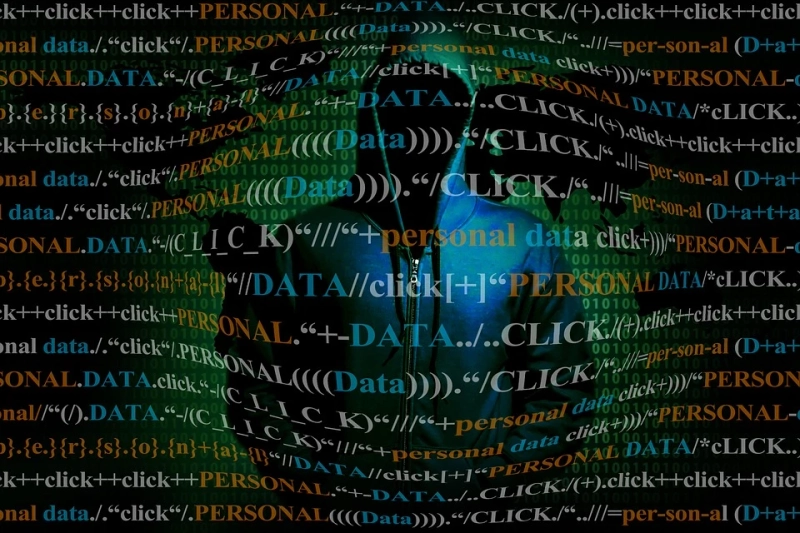The investigation of digital data collected as evidence in court investigations is known as computer forensics which is also known as cyber forensics or digital forensics. It is used by law enforcement authorities and private companies to map, identify, and retrieve digital evidence required for criminal investigations. Using file retrieval programs and encryption decoding applications, computer forensics experts scan hard drives for lost or secret files. These forensics experts are also skilled at extracting evidence from network servers, directories, smartphones, iPads, and other portable gadgets, in addition to computers.
Work of cyber forensics experts
Most computer forensic experts work with law enforcement authorities and the field of computer forensics is the information technology division of law enforcement which is closely linked to forensic science and criminal justice work. The analyst\'s job is to retrieve data such as records, images, and e-mails that have been removed, destroyed, or otherwise corrupted from computer hard drives and other data storage devices such as zip and flash drives. In trying to uncover proof of criminal conduct, analysts also focus on investigations involving offenses committed over the Internet (\'cyber crime\') and investigate devices that could have been used in other forms of crime.
- Providing advice on the availability and trustworthiness of digital evidence.
- Assisting prosecutors in obtaining digital evidence via onsite and virtual searches.
- Conducting digital evidence examinations and gathering evidence for prosecution.
- Interviewing witnesses and taking notes on electronic evidence.
- Supervisors will also educate other inspectors to keep abreast of business developments.
What are the tools used by forensics individuals?
Computer forensic investigators search for specific electronic evidence, such as Internet browsing history, word processing documents, photographs, and other files by using different tools or techniques that are called Digital forensic tools. They search for data and documents that have been locked, removed, or lost using their technological expertise. They assist detectives and other law enforcement personnel in analyzing evidence and determining its relation to the crime under investigation. Analysts often convert the testimony into a format that can be used in civil proceedings (for example, jury trials) and also appear in court.
- File viewer
- Image viewer
- Email investigation tool
- Network analysis tool
- Disk and data capture tool
Apart from that, Paraben digital forensics developed some Cell phone forensics tools like E3:DS that have everything you need for mobile forensics. Stop spending time on handheld forensics software that doesn’t have anything you need in a single license. E3:DS combines logical imaging, physical imaging, chip dumps, bypass solutions, server, and App processing means it has all you need.
Skills that must be possessed by a perfect computer forensics expert
- Knowledge of IT and different computer technology
Since digital forensics deals with technical and technological things and equipment, it is advantageous to have studied or worked in computer science. A strong understanding of how technology functions is an important characteristic of any great digital forensics investigator. If you have prior experience in computer systems, programming, or other similar areas, you will find it easier to step into digital forensics because you will have a basic understanding of how technology and networks operate, how digital systems deal with one another, and what is achievable from a compromise standpoint."
- Analytical skill
Anyone interested in a career in computer forensics should possess a natural aptitude for analytical and critical thinking to pull together evidence to solve a crime. As an investigator, you\'ll be expected to assess facts, pay careful attention to situations, spot similarities, and anomalies, evaluate details, and, eventually, solve crimes - all of which takes a high degree of analytical skill.
- Knowledge of cyber-security
Although cyber-security and computer forensics are two distinct disciplines, they are closely interlinked to each other, and getting a cyber-security base will help you succeed in your computer forensics career. You\'ll need a solid understanding of how hackers hack infrastructure and how cyber-security experts operate to deter those breaches to be able to successfully solve digital crimes. Because of this, the majority of computer forensics services would have a cyber-security portion.
To sum up
The computer forensics field is a constantly evolving field. With every day new technologies are evolving, a career in data forensics is a rapidly growing profession with a wide range of job opportunities. A forensic data scientist or a cyber forensic investigator is two examples of digital forensics occupations.



